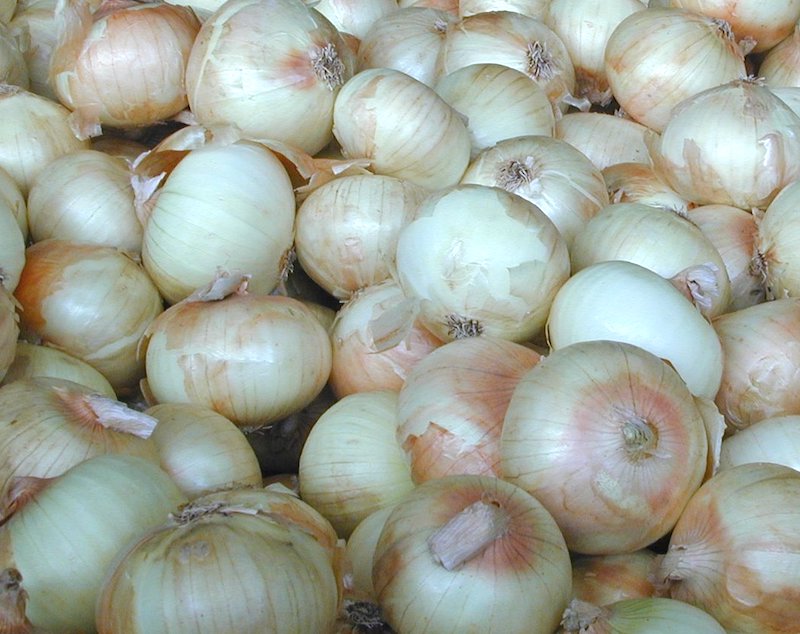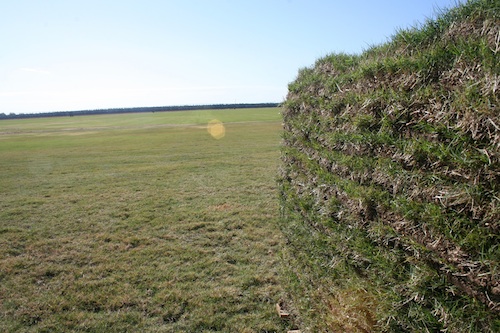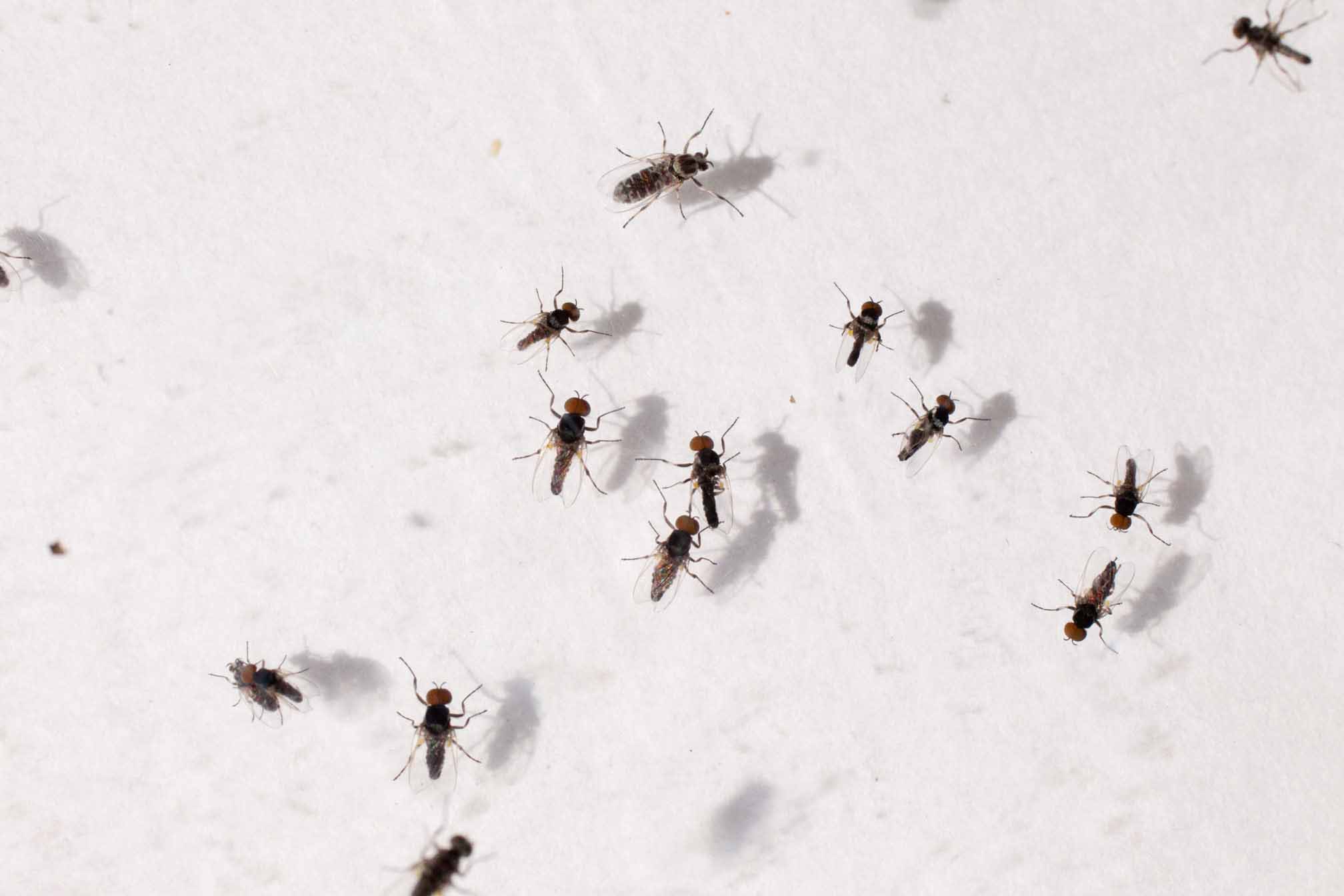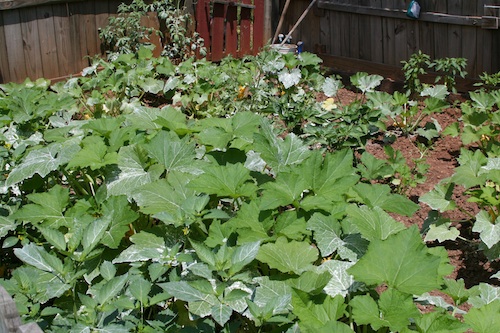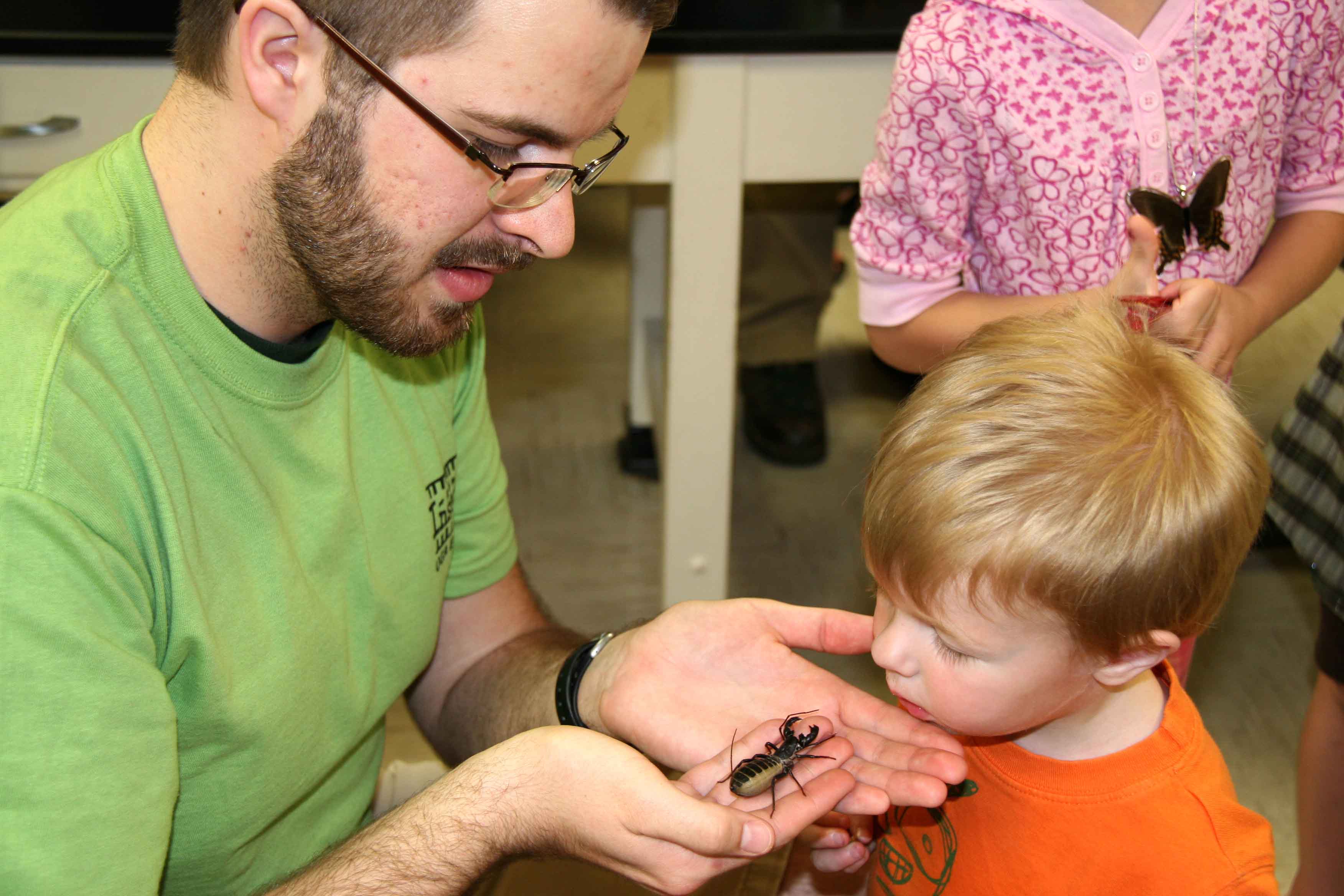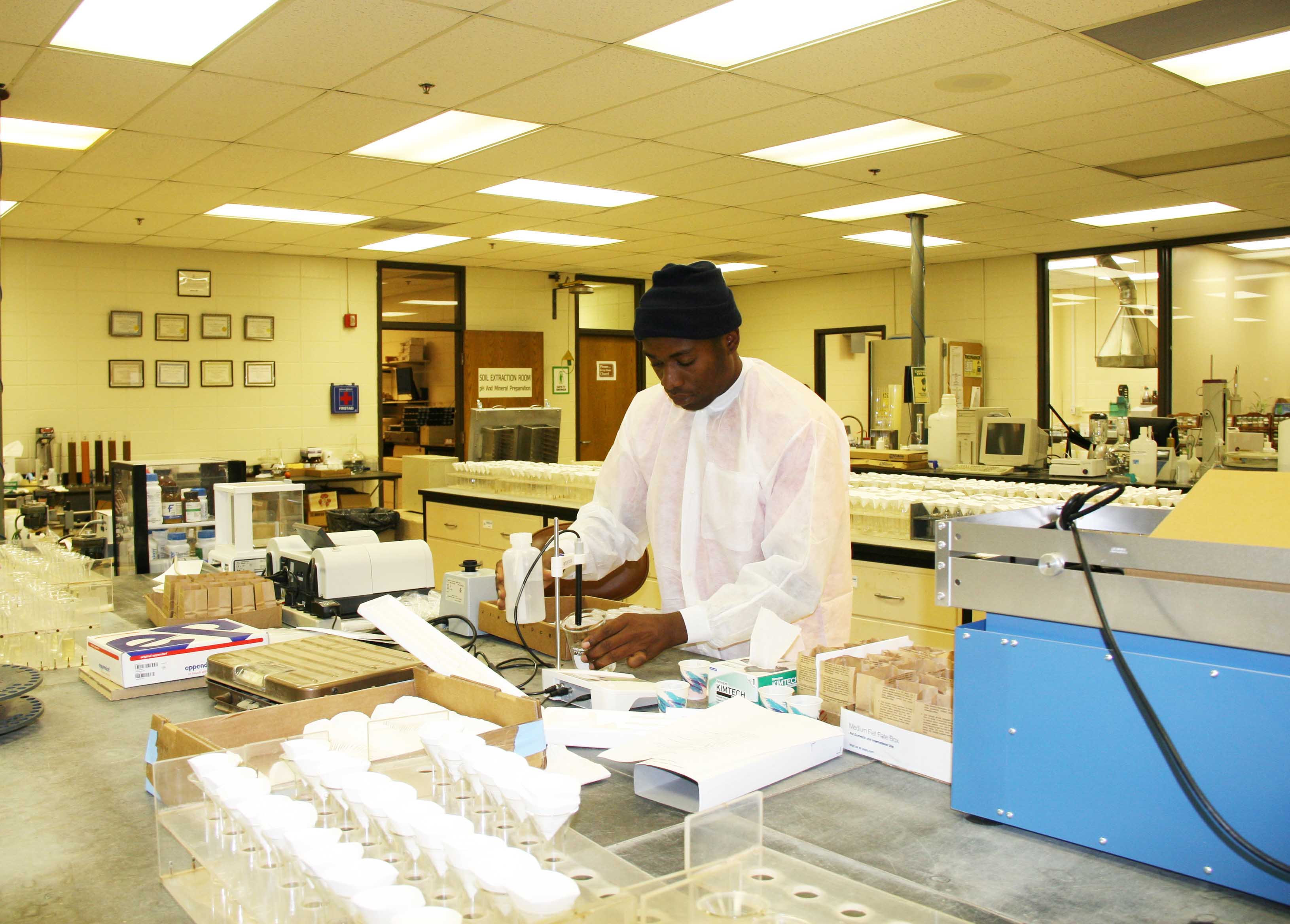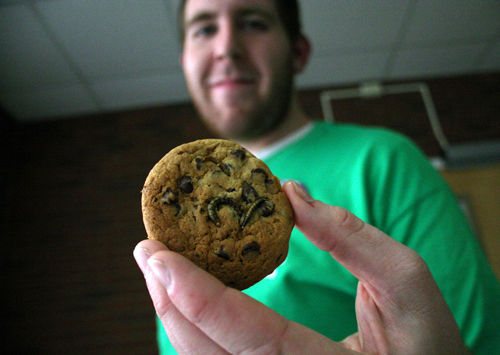Bee Institute, May 10-12
Faculty members from Young Harris College and the University of Georgia College of Agricultural and Environmental Sciences will host their annual Bee Keeping Institute, May 10-12 in Young Harris, Ga.

